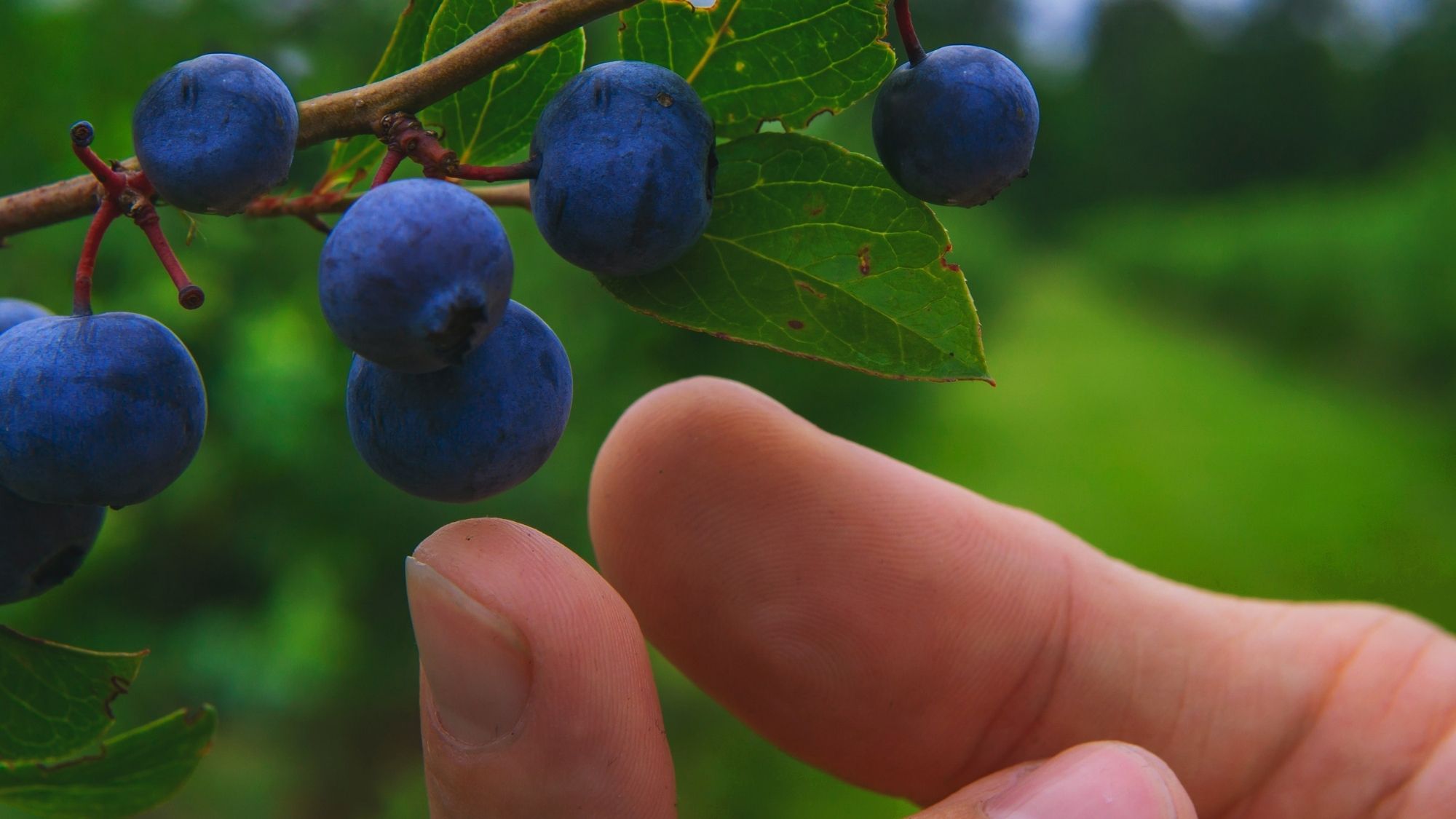As spring takes over UK, the hedgerows are blooming with a variety of species that provide free food. How hard is it for a complete beginner to get into the world of wild foraging and how beneficial is it?
Standing in the middle of a trail, I dropped an orange-coloured berry into my mouth and started to chew. The taste was quite sour at first and then suddenly my mouth went dry, something that told me to instinctively spit it out on the floor.
Foraging is the act of gathering wild food for free, and much of what you can pick in the UK whilst foraging can be included in your basic everyday diet. But, they are often beyond a normal household budget. That’s how foraging it yourself can help you access food for free, but it must be done with precaution.
A first-time forager, unaware of the plants around me, I found myself strolling in Bute Park, in the company of my friend Natasha, who’s been foraging for almost six years. “It’s important to make yourself aware of the plants or fungi that will do you the most harm. Just start with the easiest ones; nettles, mugwort, bramble, dandelion, elderflowers, and wild garlic,” she said.
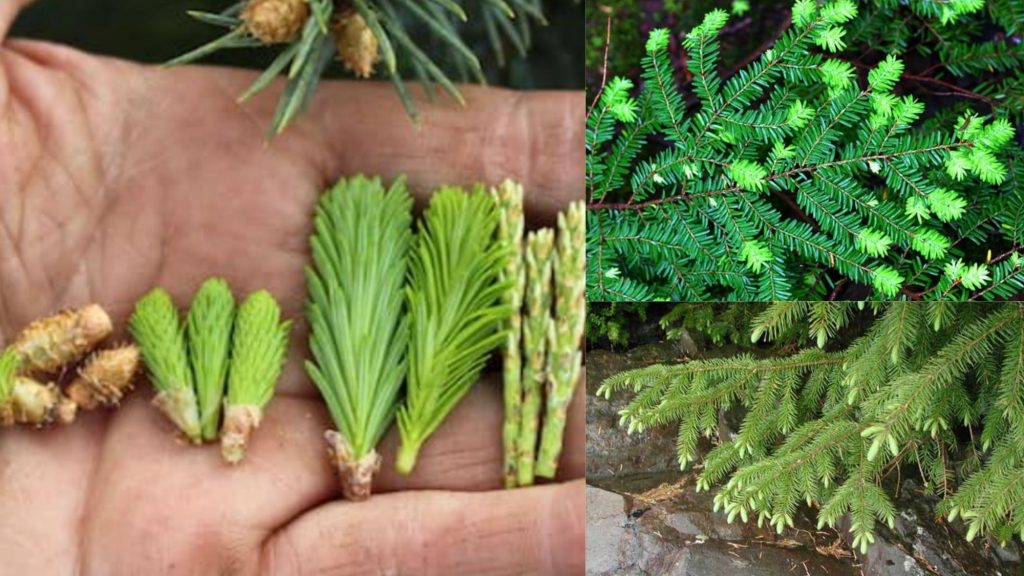
Wild foods, from fruits and flowers to greens and mushrooms, are abundant in the UK. Foraging can be done throughout the year, so here’s a taste of what to expect before you head out.
Reminiscing on a similar experience as mine, “it was a spring nearby, about half a mile away. That’s where we collected these things that looked like beets but weren’t actually beets. I think I took a bite into it and it was so disgusting. It was one of the worst things that I’ve eaten in my life,” said Darius Plesca, 23.
A chef by profession and nature enthusiast at heart, Darius was raised in a house with gardens that grew different kinds of vegetables and fruits. This made him develop an intimate relationship with wild food and he often ventured out in the wilderness, foraging with his family, from a very young age.
Living in Cardiff, one of his favourite plants to forage is wild garlic, which he often uses when cooking meals. In fact, he cooked some mash a couple of days ago with his recently foraged lot.
“It has long, flat, pointed leaves and its strong smell makes wild garlic recognizable”, he said, The next step in identifying wild garlic is to crush a leaf in your hand, and you should smell garlic strongly. “When using this to identify future leaves, you should be careful not to inadvertently identify a poisonous plant based on lingering scents on your hands,” he said.
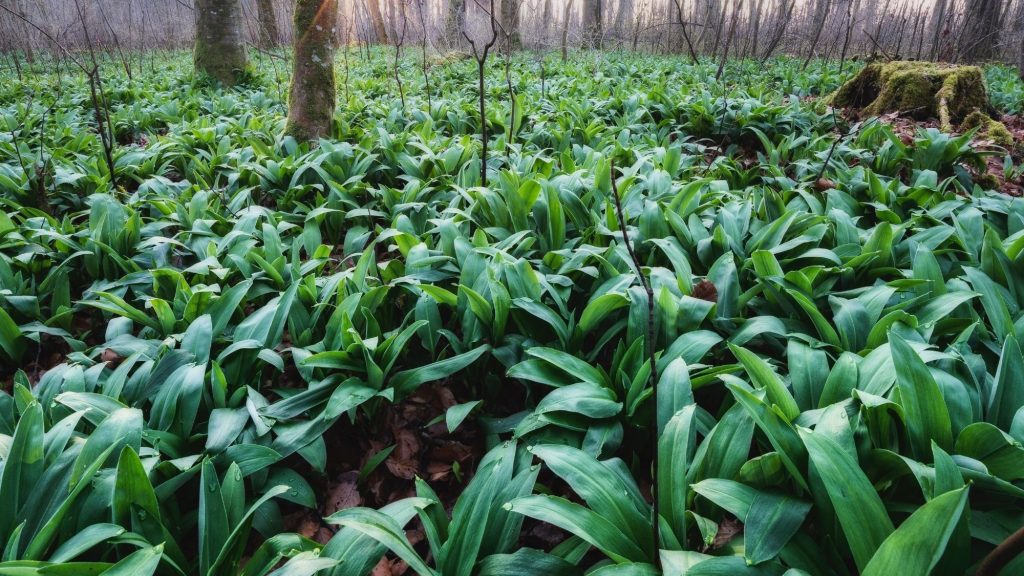
Discussing the difference between wild garlic and regular garlic available at supermarkets, Darius explained that garlic from supermarkets are more bitter and carry more spice in it as compared to wild garlic, which essentially belongs to a species of mustard. So, can one replace regular store-brought garlic with self-foraged wild garlic?
“Well, no, because these are two different products. If I were to be able to work and be growing garlic, regular garlic, then I wouldn’t, because I can use the two for different things,” said Darius. For instance, when cooking pasta, wild garlic can only be used for garnishing and not in the actual sauce. A good example of substitution, he believes, would be between spinach and Dames Rocket.
“Dames Rocket (Hesperis Matronalis) is native to Eurasia, but wildly popular in the UK. It yields a lot. You can cook it with some of the wild garlic that you’ve picked as well,” he said.
For beginners or foraging enthusiasts in Cardiff, he recommends Bute Park as one of his favourite places, as it is convenient to get there. However, he also prefers spending time at the Howardian Local Nature Reserve, a former tipping site situated a little on the outskirts of the city.
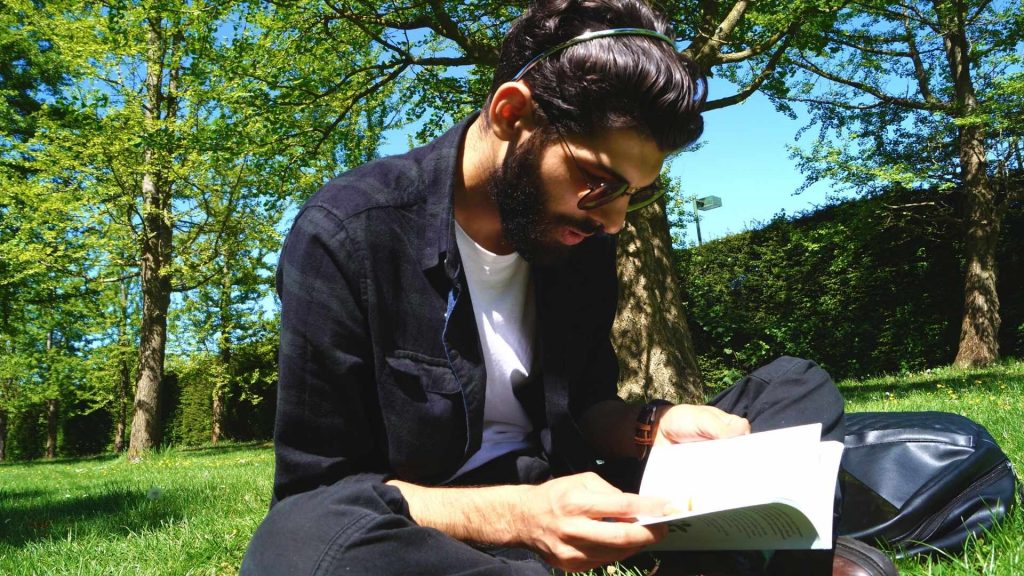
He inclines with the same ideology that food should be free and accessible to every living being.
Darius suggests that if an individual or a family wishes to connect with nature, it should be done through the doorway of food. That way, one may be inclined to read more about where their food comes from, what’s edible in the wild and what isn’t.
According to another experienced forager, Jamie Freiberg, based in Stockport, food that you pick fresh from the wild is much healthier for not having flown halfway across the world and sat on shelves for days before you get to eat it.
Jamie adds that the key for beginners is to first get a decent ID book and pick familiar plants such as nettles and dandelions. If you’re interested in trying your hand at mushroom species, the safest wild mushrooms in the UK are the giant puffballs. If you have a local library around you, you can borrow an identification guide from there, which will help you save some bucks.
She warns, however, to always be 100% certain of identification before eating anything growing wild. The Apiaceae family, especially, must be avoided for beginners.
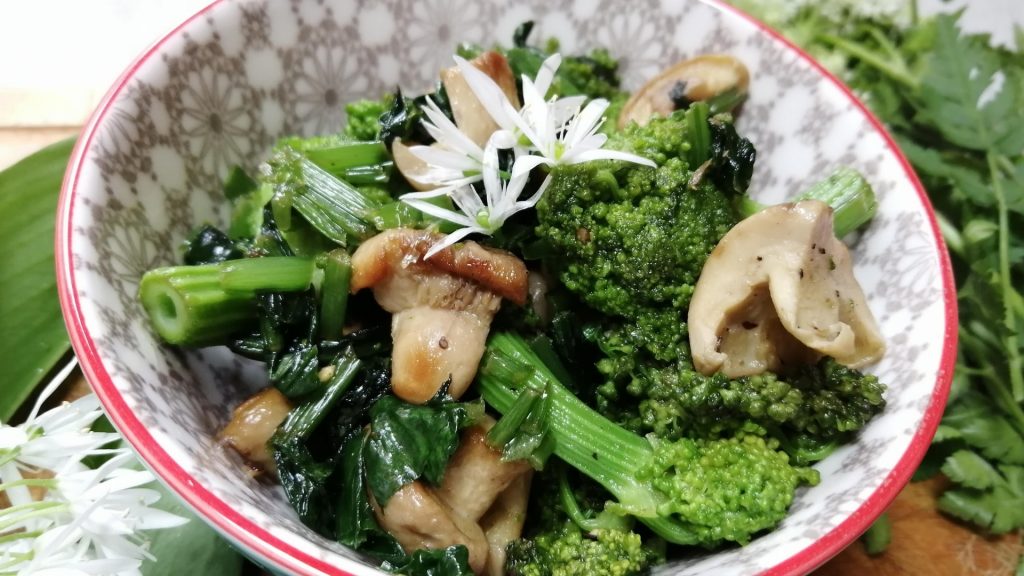
Foraging compels you to be aware of your surroundings; to slow down, pause and look. Even though it may seem overwhelming at first, trying your hand at foraging isn’t that difficult if you do some basic research before you embark. Expert foragers suggest that one doesn’t need to invest in expensive tools.
Laurie Lloyd, a foraging expert based in Dorset, has been foraging since the age of three along with her grandfather. She hints at just three things that she carries with her during her foraging walks, such as a canvas bag/plastic box, a pair of gloves, and a knife.
The practice of foraging also has a significant impact on a person’s social life. Jamie looks back on how foraging helped her overcome a depressive episode in her life when she had been signed off from work.
“I asked myself what do I really want to do to make myself happy? I headed to Blackley Forest, a completely secluded woodland, and just wandered through the trees and felt at ease. I also saw my first fly agaric (a poisonous psychoactive mushroom) which was really exciting, so I wanted to find out more,” she said.
For Jamie, it is the thrill of finding something special during her foraging walks, and the hobby costs her nothing whilst brining her nothing but joy.
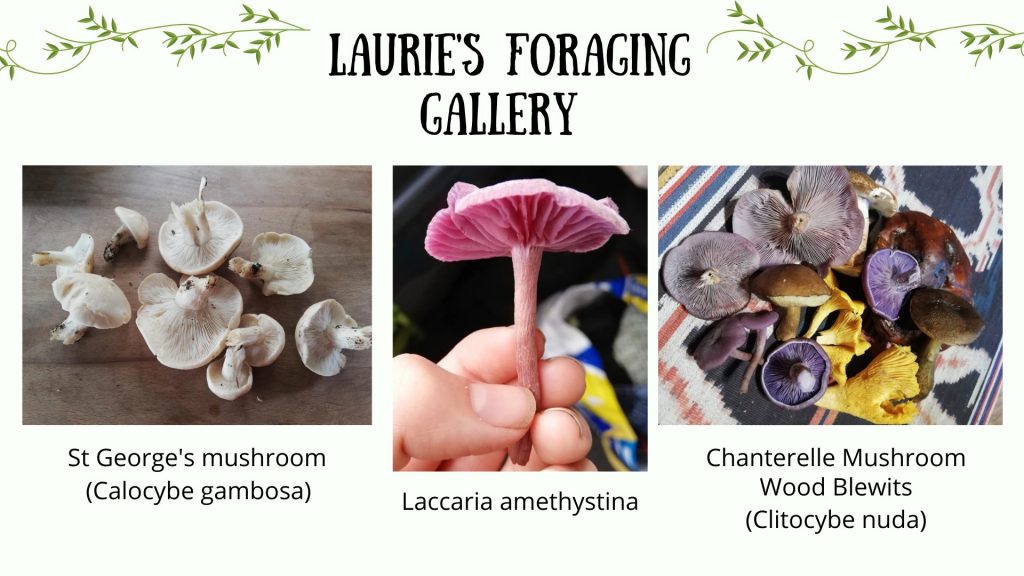
Vix Hill-Ryder, 40, owns a family-based foraging class in Cornwall. She believes that foraging has now become a trend, especially on social media platforms such as TikTok and Instagram, and many seem to be doing it for some sort of recognition. “I’ve been foraging for years, and I see this happen. It comes and goes. We’ll have a couple of years where it’s popular, and people want to do it. And then it falls out of fashion,” she said.
When foraging, it is important to keep in mind that you don’t disturb the root system. Vix carries a traditional digging stick, which is a piece of driftwood she found several years ago. It helps her in being mindful of the roots. “Always approach the hedgerow as if you’re five years old,“ said Vix.
She emphasis on the fact that people don’t have to walk outside their city or town to find food. They can either go into a garden or just walk through one square meter to find at least two wild edible foods.
“It has become a part of my everyday lifestyle now. If I’m not out picking or cooking what I’ve picked, I’m teaching. You can find pretty much everything in the UK apart from some rare species. So yeah, we’re very fortunate,” said Vix.
However, recent studies indicate that what was once considered the ‘domain of upmarket chefs’, has now turned into a mainstream hobby across the country. This gives rise to the thought of over-foraging potentially becoming an environmental issue. But, at the moment is the UK facing a problem of over-foraging?
“Some areas seem to be getting over-foraged. Wild garlic seems to be the target of commercial foragers, often being uprooted, which will have a swift, detrimental effect on this species if it continues,” said Laurie. She organises regular foraging walks and sessions under her initiative ‘Wild Lader UK’ which encourages wild food foraging and first aid.
On the other hand, Jamie has always wondered if over-foraging would become an issue in the country but has only twice come across someone in the past several years foraging at the same time as her.
Vix emphasis on the fact that there’s an underlying issue of food insecurity and food poverty, due to which she offers free walks for low-income families. However, getting people to actually step out and go foraging has been a task. “People you know, they don’t have time, or they just want things delivered to their doorstep. So I think there’s absolutely no danger in becoming a environmental problem,” she said.
“The general rule is always leave half of what you find, especially if its something less common,” said Jamie. She further adds that someday she wishes schools would help educate children about plant life cycles and the importance of plant sustainability.
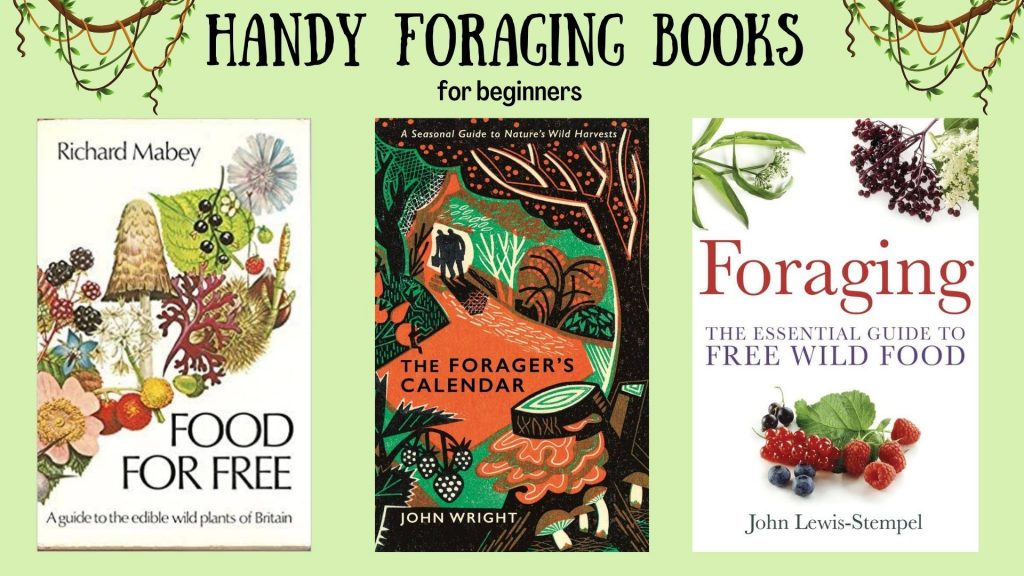
There’s far more to life than your nine to five or going to the grocery store and buying your food. So, just get out there, get in touch with nature and connect with the beauty around you.
Darius Plesca, Chef
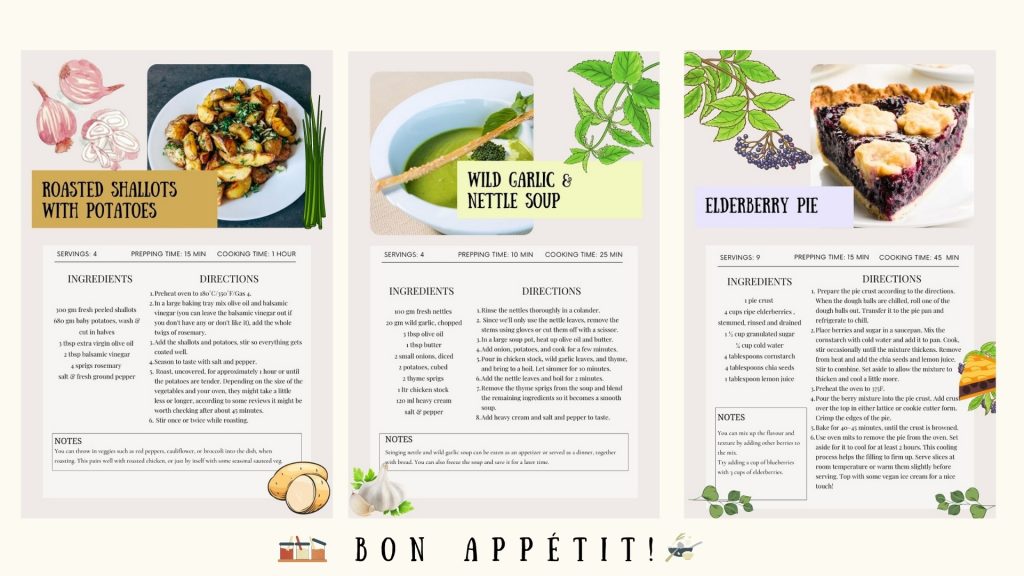
Foraging for wild edibles has been around for a very long time. Despite industrial agriculture dominating the food scene for the last few decades, foraging for certain things has remained in the social consciousness. It is one of the most rewarding activities one can do. My foraging experience with Natasha was an eye-opener in so many ways. The walk itself inspired me to learn more about the edible plants we have around us in the UK, or at least in my city, Cardiff. Being someone who hails from a country where none of her friends even knew what foraging is, I realised that our disconnectedness from the food on our plates has probably never been greater than it is today thanks to takeaways and supermarkets.
